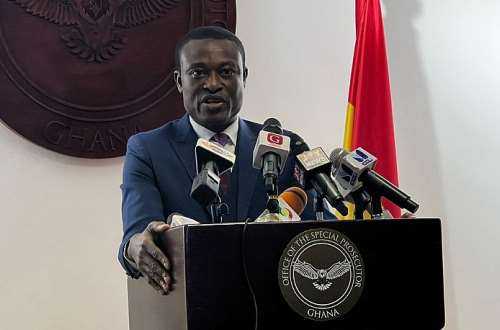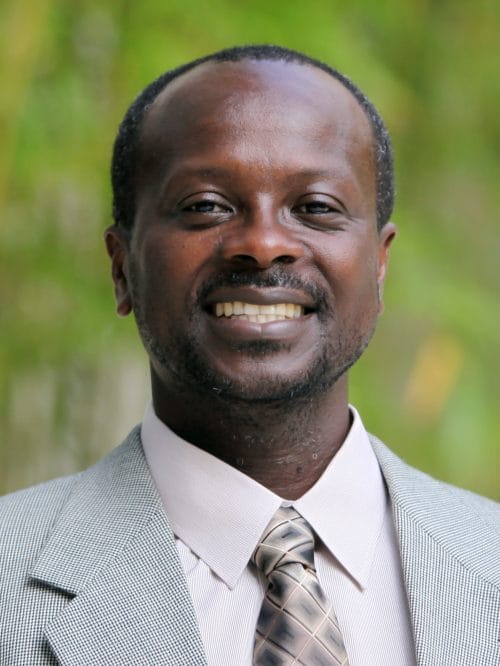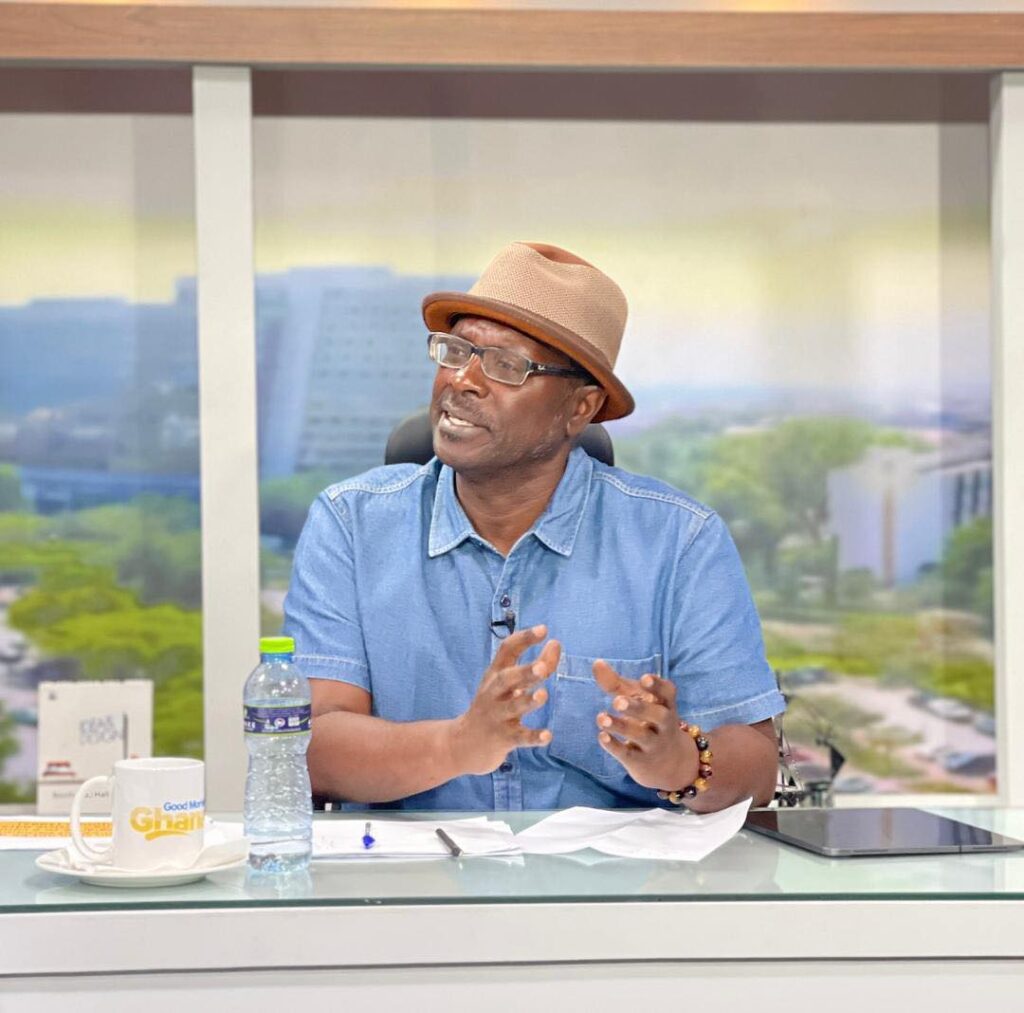Renowned good governance advocate and Democracy and Development Fellow at the Ghana Centre for Democratic Development (CDD-Ghana), Professor Stephen Kwaku Asare, has strongly defended the Office of the Special Prosecutor (OSP) against what he described as an orchestrated attempt to delegitimise its work.
In a rebuttal, Professor Asare pushed back against critics who claim the OSP is “all talk and no action,” pointing instead to tangible results the office has achieved in Ghana’s fight against corruption.
According to Professor Asare, the narrative that the OSP is ineffective is not only misleading but dangerous.
“Seven convictions, with millions recovered through plea bargains. Eight criminal trials ongoing in courts across Ghana. Sixty-seven active investigations in progress. Over ₵135 million saved, and ₵280 million in shady contracts blocked.
“Major corruption rings disrupted at Customs and the Ghana Education Service. Top-tier cases referred to EOCO for recovery and further action.”
Professor Stephen Kwaku Asare

For the respected legal scholar, these outcomes demonstrate that the OSP’s operations go far beyond public rhetoric. Instead, he sees the criticisms as part of a larger, deliberate campaign to weaken the institution before it can fully demonstrate its impact.
“This isn’t just noise. It’s a deliberate strategy. Looters and their apologists seek to delegitimise the OSP by branding it as ineffective, eroding public confidence before its efforts can bear full fruit.”
Professor Stephen Kwaku Asare
Professor Asare expressed disappointment that many Ghanaians have unknowingly bought into this agenda, adding that there exists a troubling culture of selective outrage when it comes to accountability.
He warned that this mindset is dangerous for democratic governance and ultimately shields the very actors who undermine public trust.
“Sadly, it works because we want accountability, but not for our people. We demand justice, but only when their people are in the dock. We’ve been expertly psyched, weaponized by propaganda, to see every attempt to hold our favourite politician accountable as ‘witch-hunting.’
“When it’s our opponents, it’s looting. When it’s our own, it’s political persecution.”
Professor Stephen Kwaku Asare
In his view, such moral hypocrisy only weakens the country’s collective resolve to combat corruption, asserting that this culture of selective outrage, blind loyalty, and moral hypocrisy must ‘die’.

For him, accountability is not a witch hunt but a constitutional value, insisting that public office is not a license to loot but a sacred trust to serve.
Professor Asare acknowledged that the OSP, like any institution, is not without flaws. However, he pointed out that the challenges facing Ghana’s anti-corruption agenda go beyond the office itself.
Inefficient Judicial Process
A key area that requires urgent reform, he argued, is the country’s judicial process, particularly in cases involving financial crimes. “No anti-corruption effort can succeed if the courts remain a safe haven for delay tactics, adjournments, vacations, and endless interlocutory appeals,” he stated.
In his estimation, the current judicial system is structured in a way that works to the advantage of the accused in financial crime cases, rather than the people seeking justice.
“Trials take years to conclude. Frivolous objections and procedural gimmicks delay justice. The judiciary goes on mandatory vacation for three months, not counting holidays. No strict timelines. No real case management. No anti-delay safeguards.”
Professor Stephen Kwaku Asare
Professor Asare argued that looters in Ghana not only violate the law but also skillfully exploit its loopholes, emphasising the need for comprehensive legal and procedural reforms that make it harder for suspects to manipulate the system.
He called for a more holistic approach to fighting corruption — one that includes not just prosecution, but also prevention, recovery, and systemic reform. “So yes, hold the OSP accountable, but also hold the system accountable. Take a holistic view: prosecution, recovery, prevention, and reform must go hand in hand,” he remarked.

Rather than turning watchdog institutions into targets of cynicism and ridicule, Professor Asare believes the public must do more to support their work. “Let’s fix the courts, not just blame the watchdog,” he said.
“And above all, let’s support institutions like the OSP to do their work. Even if we can’t cheer them on, let’s not become echo chambers for the very people they are trying to hold accountable.”
Professor Stephen Kwaku Asare
In his closing statement, he issued a powerful reminder about the role of citizens in promoting transparency and justice. “If we can’t help fight corruption, the least we can do is not fight those fighting it,” he declared.
Professor Stephen Kwaku Asare’s intervention comes at a time when public trust in anti-corruption institutions remains fragile, and skepticism is high. By providing facts and framing the conversation around broader systemic issues, his remarks serve as both a defence of the OSP and a clarion call for judicial reforms necessary to deliver real accountability.
READ ALSO: Energy Minister Explains 2.45% Electricity Tariff Adjustment for Q3 2025



















